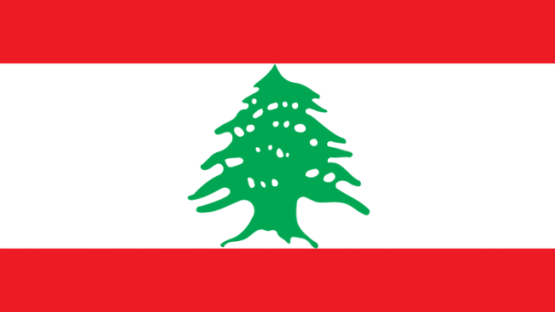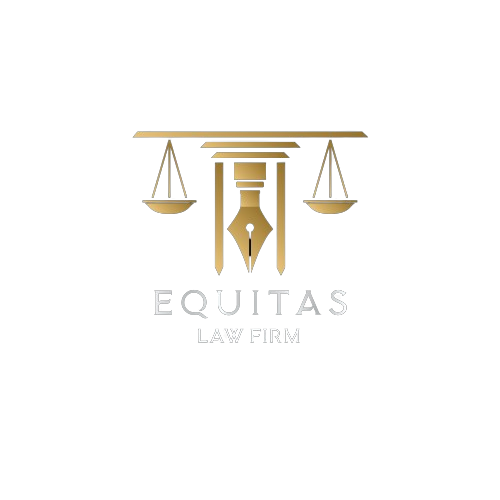
Understanding the Essence of Lebanon
The Constitution of Lebanon paints Lebanon as a free, sovereign, and independent nation. It promises the rights and freedoms of its people, advocates for social justice and equality, and upholds democratic principles. Lebanon’s international recognition is within the boundaries defined by its constitution.
Lebanon’s Identity and Global Role
Lebanon identifies as an Arab nation and plays a substantial role in the League of Arab States as a founding and active member. The country abides by the pacts and covenants of the League. Additionally, Lebanon is a founding and active member of the United Nations Organization and follows its covenants and the Universal Declaration of Human Rights.
Political Structure of Lebanon
Lebanon operates as a parliamentary democratic republic that respects public liberties, freedom of opinion and belief, social justice, and equality among all citizens without discrimination. The authority and sovereignty stem from the people, exercised through constitutional institutions.
The Balance of Power in Lebanon
The political structure of Lebanon is rooted in the principle of separation, balance, and cooperation among the different branches of government. This arrangement ensures checks and balances, preventing the accumulation of power in a single entity.
Lebanon’s Economic Landscape
Lebanon’s economic system is free and encourages private initiatives and property rights. The system fosters entrepreneurship and economic growth, creating a conducive environment for businesses and individuals.
Regional Development and Unity in Lebanon
Lebanon stresses even development among regions at the educational, social, and economic levels as a fundamental pillar of state unity and system stability. This commitment seeks to decrease regional disparities and promote equal opportunities for all Lebanese citizens.
Elimination of Political Confessionalism in Lebanon
Abolishing political confessionalism is a fundamental national goal in Lebanon. Achieving this goal requires a gradual plan that ensures a fair and inclusive political system, transcending sectarian divisions. This objective aims to foster national unity and reinforce the principles of equality and citizenship.
Lebanon’s Territory and Boundaries
Lebanese territory belongs to all Lebanese citizens. Every citizen has the right to live anywhere within it and enjoy the rule of law wherever they reside. The constitution defines Lebanon’s boundaries, encompassing its northern, eastern, southern, and western regions.
Essential Rights and Duties in Lebanon
The Constitution of Lebanon guarantees fundamental rights and duties to all Lebanese citizens. These include:
- Equality before the law
- Freedom of conscience and belief
- Freedom of expression, press, assembly, and association
- Personal liberty and protection against arbitrary arrest or imprisonment
- Right to own property and protection of property rights
- Right to education and respect for confessional schools
- Right to hold public office based on merit and competence
- Right to a fair trial and judicial independence
- Protection of the citizen’s place of residence
- Protection of ownership rights and fair compensation for expropriation
Legislative Power in Lebanon
The legislative power in Lebanon is vested in a single body, the Chamber of Deputies. The Chamber proposes and enacts laws, ensuring the representation of all Lebanese citizens. The Council of Ministers, led by the Prime Minister, holds executive power and implements the laws enacted by the Chamber.
Amending the Constitution of Lebanon
The Constitution of Lebanon can be revised upon the proposal of the President of the Republic or at the request of the Chamber of Deputies. The amendment process requires a specific majority and follows a defined procedure to ensure transparency and democratic decision-making.
Conclusion
In conclusion, the Constitution of Lebanon provides a robust framework for the nation’s governance, laying out its identity, political structure, economic system, and the rights and duties of its citizens. It serves as the bedrock of Lebanon’s sovereignty, freedom, and independence. As we continue to explore and understand this comprehensive document, we discover the principles that guide Lebanon as a nation, shaping its past, present, and future.

